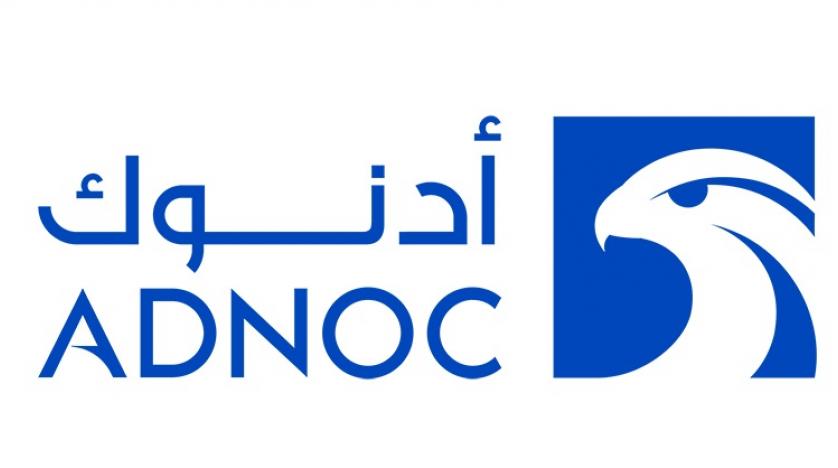
Why is a systematically practical workplace culture essential? It aids in improved retention rates and greater levels of happiness among employees. However, creating and stabilizing a reasonable workplace culture is a complex undertaking that needs an effective strategy. Of course, meaningful conversations play a key role. You might think: what are the conversations that matter at the workplace?
Conversations matter because they promote intellectual curiosity and encourage dialogue, even in situations where workers attempt to reach a consensus over differing points of view. With coaching conversations for the manager, organizations don’t just open up to new horizons of growth; they pave the way to better conflict resolution and empower employees to learn, feel challenged, and explore opportunities.
But, how can an organization promote meaningful conversations or inculcate a conversation culture in a corporate ecosystem? There are not too many employees, executives, and leaders who understand the rightful value of conversations. When managers have coaching conversations with employees, they can significantly improve employee performance and contribute to job satisfaction, employee engagement, collaboration, and improved performance.
How coaching conversations are different?
Unlike the conventional modes of conversation, coaching conversations are unique. With pragmatic coaching conversations for managers, organizations can facilitate empowerment in employees and executives through structured training modules. When managers coach, they focus on reinforcing strengths and exploring different challenges with the employee. Efficient managers with top-notch communication skills guide employees towards success while promoting independent thinking and fostering versatile problem-solving abilities.
Tips on Coaching Conversations
Many topics are addressed in a manager-employee coaching conversation. Some of them are listed as follows:
- Goal setting
- Performance
- Onboarding
- Problem-solving
- Missed deadlines
- Time management
- Overworking and overwhelmed employees, and more.
To ensure that coaching conversations are effective and positive, managers must ask open-ended questions and lead to solutions. Instead of telling employees what they should do, managers should instead provide direction.
Every manager should proceed with the GROW model. It is a well-known technique known for structuring coaching conversations. In GROW, the G stands for Goal, the R stands for Reality, O stands for Options, and W stands for Way forward.
So, to proceed with coaching conversations, managers must decide where the employees are going. They need to set a goal. Then they must analyze the reality and establish where the employee is currently at. The manager must explore the different routes or available options with the employee, and then they must commit to the journey forward.
Taking Forward
Do you know the role of coaching in an organization? Contrary to traditional team activities or training methods, coaching is the art of holistic learning. Be it leadership coaching or team coaching, there are different aspects of coach training between the bylanes of personal development that lead to overall professional growth. With the right coaching conversations for managers, organizations can cover both small and large-scale enterprise issues that might be mushrooming right under their nose. As compared to orthodox institutional practices, coaching is a new-age approach to learning progressively, and conversations are an integral part of it.









































